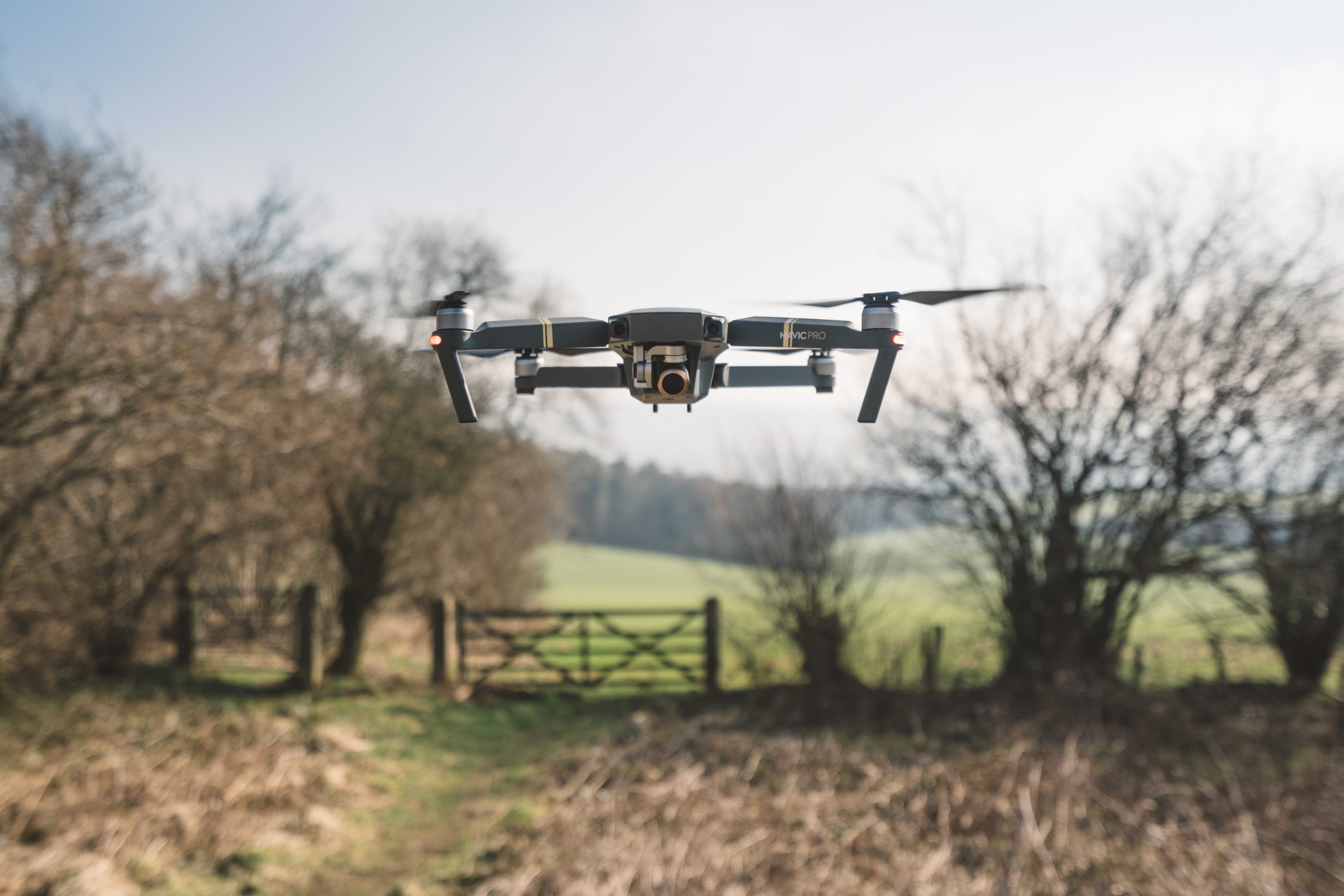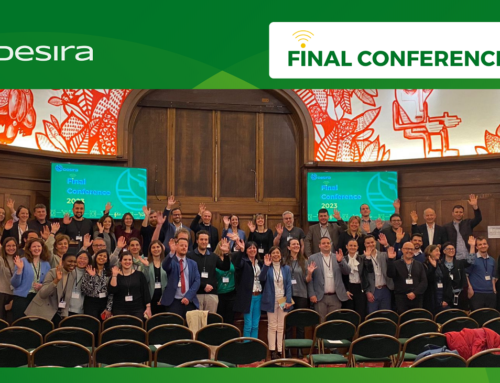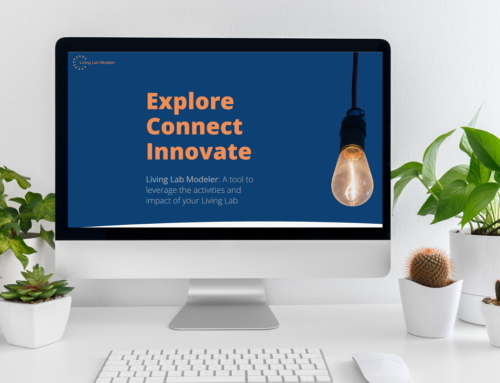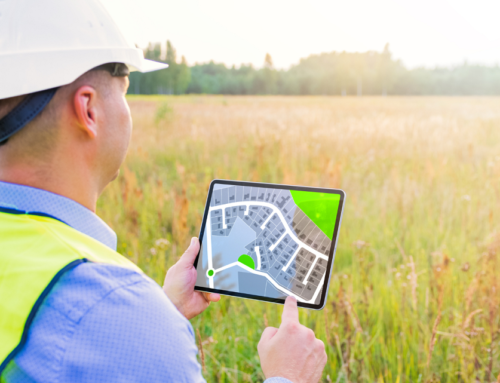Author: Manlio Bacco, CNR (National Research Council, Italy)
A recent scientific paper by Manlio Bacco of CNR (National Research Council of Italy), together with other authors, overviews research initiatives and scientific literature on the topic of Smart Farming (SF), looking at recent technologies and techniques being used or pushed for adoption. The work shows how research projects across the EU are exploiting digital technologies to change the rules of the game, while considering the challenges ahead.
The impulse towards a larger introduction of Information and Communication Technology (ICT) in the agricultural field is currently experiencing its momentum, as digitalisation has huge possibilities to provide benefits for both producers and consumers. On the other hand, pushing technological solutions into a rural context encounters several challenges, both technical and non-technical. Smart Farming techniques have the potential to reduce costs and the environmental impact, while improving production and work safety, thus overall contributing to the sustainability of agriculture. However, its socio-economic implications are largely debated.
Looking at the EU territory, even if similar issues and challenges can be identified in other regions, the first obstacle is still the digital divide. The distance between technology and users is among the first causes of poor utilisation of technological solutions, which can generate an unequal distribution of power and risks generated by the innovation itself, and be further fuelled by both the cost and the complexity of the commercial solutions. As a result, the first part of the scientific paper focuses on services and solutions, both technological and commercial, aiming at digital inclusiveness.
These obstacles hamper the adoption of ICT solutions, and data plays a huge part here. Yet, two key issues should be considered: farmers are rightfully reluctant in sharing their data because of concerns on data ownership and usage; due to this, the lack of data causes a chain effect on developed technological solutions, perceived by practitioners as providing smaller benefits than costs because it is ‘too distant’ from their needs and their possibilities. Very recently, COPA-COGECA and CEMA have led a significant effort towards the definition of the Code of Conduct on Agricultural Data Sharing, granting the data originator (i.e. the farmer) a leading role in controlling the access and the use of data. On one hand, marketers and traders expect that larger data availability can increase the reliability of predictions in the market dynamics when relying on Big Data techniques; on the other hand, farmers are convinced that power asymmetries will increase, thus still acting as a brake.
In order to reduce the risk of widening the gap among winners and losers in this process of digitalisation of the agricultural sector, Responsible Research and Innovation-guided design and development processes must be more carefully taken into account in the technological field, along with initiatives to ease the adoption of new tools. For instance, as the scientific paper identifies, cooperative farming with support services for a better handling of costs and needed investments; hardware solutions to transform legacy equipment into SF-ready machinery to avoid too high initial costs and to have time to familiarise with new technology; secure and open platforms for sharing data and getting back useful information, helping in assessing potential advantages.
In the end, the aim of Smart Farming practices should not be just in industrialising agriculture, but in making the whole process more efficient, sustainable, of high quality, and respectful of farmers’ needs. In fact, what is typically lacking from the picture of Smart Farming is the possibility that innovative technologies might not be only large-scale and thus costly, but rather also slow and precise, small and cheap. The EU, through its framework innovation and research programme (Horizon 2020), has funded several research efforts to innovate both technological tools and non-technological instruments towards a larger adoption of Smart Farming techniques in Europe, as presented in the published scientific paper.
Photo credits: Linford Miles/Unsplash






